Description
-
Probiotics improve gastrointestinal (GI)health
Probiotics exert gastrointestinal health benefits through modulating gastrointestinal immunity by down-regulating pro-inflammatory cascades. Probiotics enhance intestinal barrier function (barrier to prevent the passage of harmful foreign antigens, microorganisms and their toxins) by inducing the synthesis of tight junction proteins and also inhibits the adherence of gas-producing bacterial species.
-
Lactobacillus and Bifidobacterium inhibit the growth of pathogens in GI
Lactobacillus and Bifidobacterium inhibit the growth of harmful bacteria in the intestine. Thus, they have the potential to control intestinal symptoms like abdominal pain, flatulence, and bloating, which occurs due to the overgrowth of pathogenic microorganisms. Both Lactobacillus and Bifidobacterium may improve gastrointestinal barrier function by increasing the synthesis of intestinal tight-junction protein occludin.
-
Probiotic Lactobacillus species help in the digestion of milk sugar
Lactose intolerance affects approximately 75% of the world population that is caused by lactase deficiency. This lactase deficiency may cause indigestion of milk sugar that may result in flatulence, abdominal discomfort, and change in bowel habits. Lactobacillus shows a beta-galactosidase enzyme activity and helps in the digestion of milk sugar, and effectively alleviates the symptoms of milk indigestion.
-
Probiotics Lactobacillus and Bifidobacterium controls Gut Inflammation
Probiotic bacteria may prevent or minimize intestinal inflammation. Lactobacillus and Bifidobacterium are predominant probiotics of the gastrointestinal tract. They help control inflammatory responses by inhibiting pro-inflammatory signals and by suppressing the secretion of inflammatory cytokines.


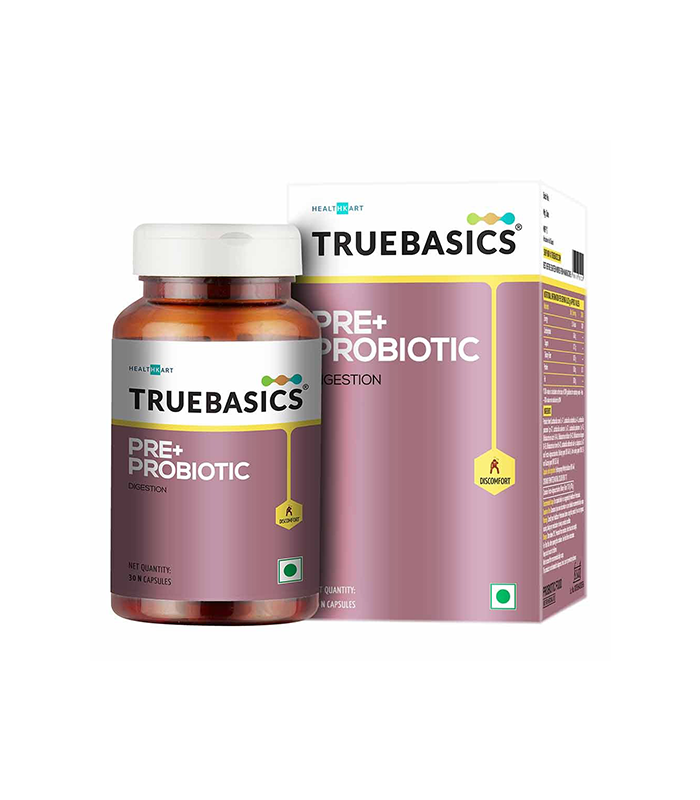


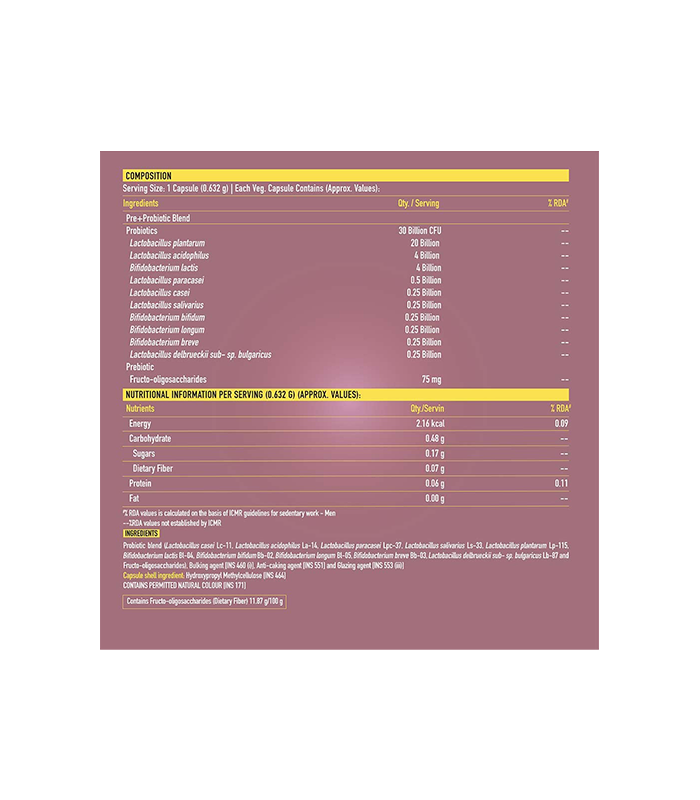

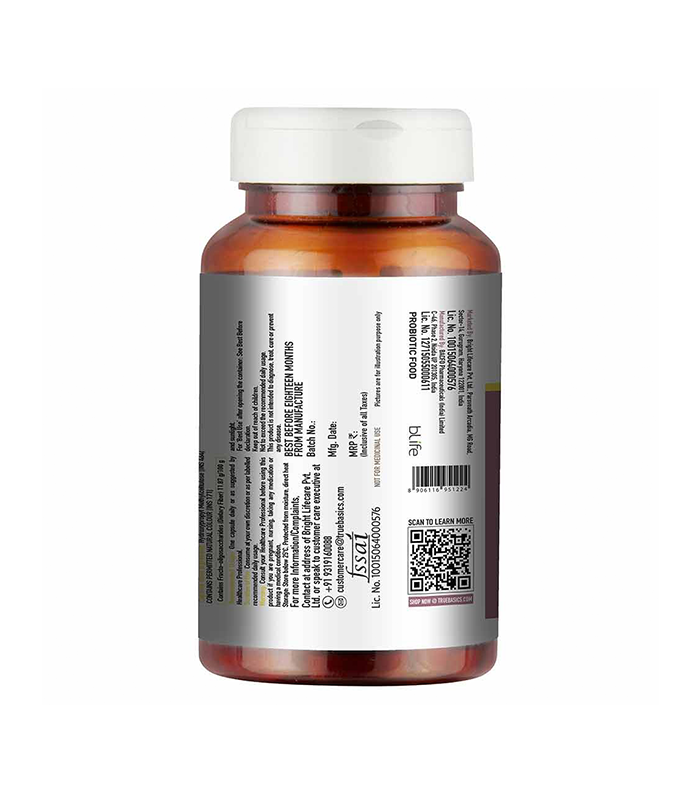

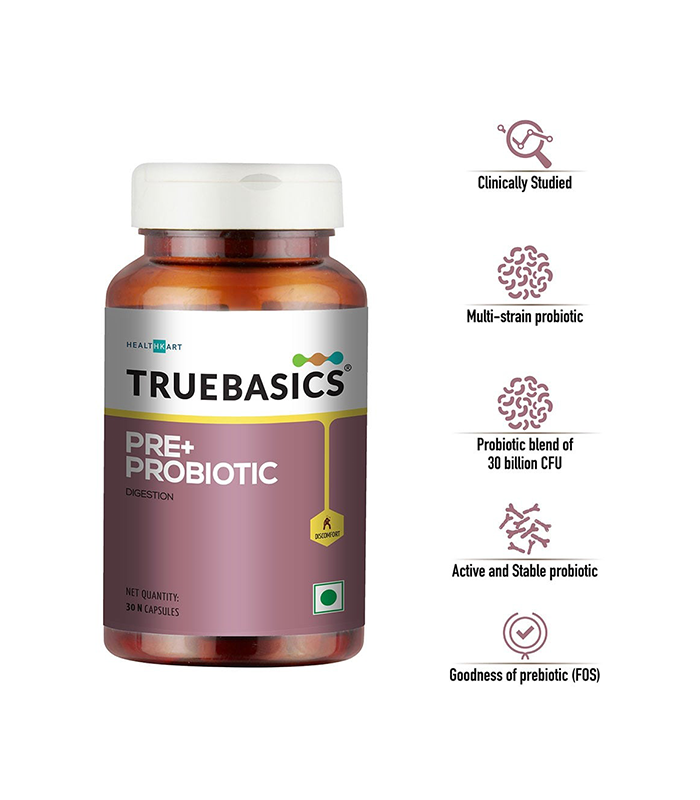


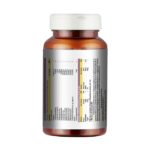











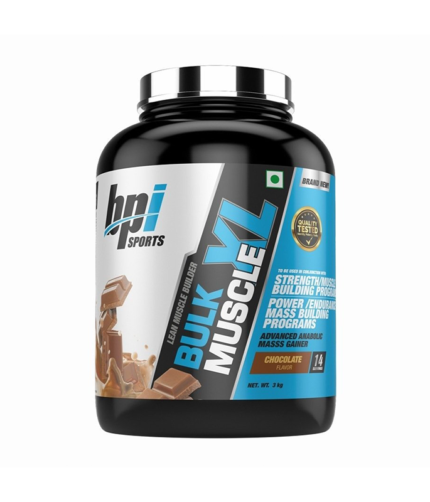
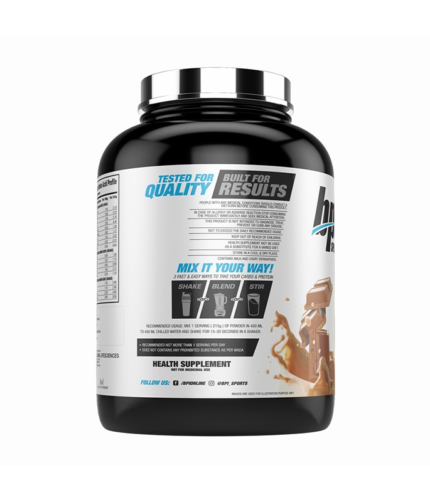
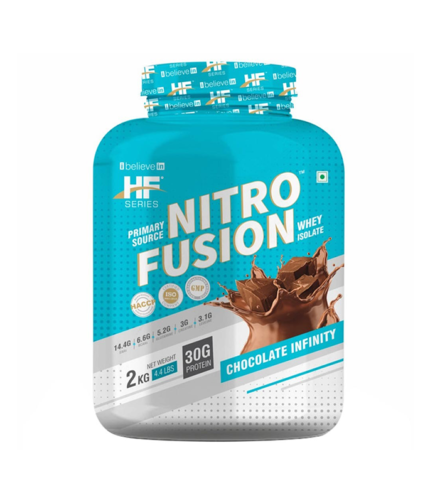
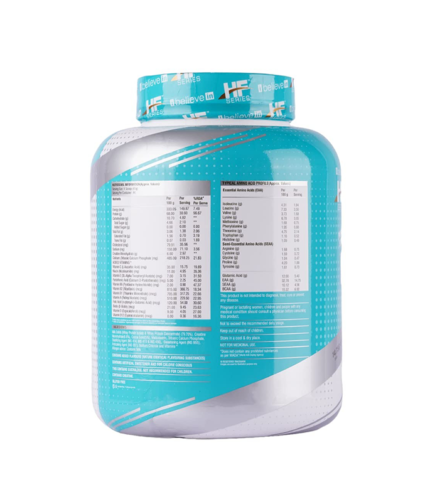
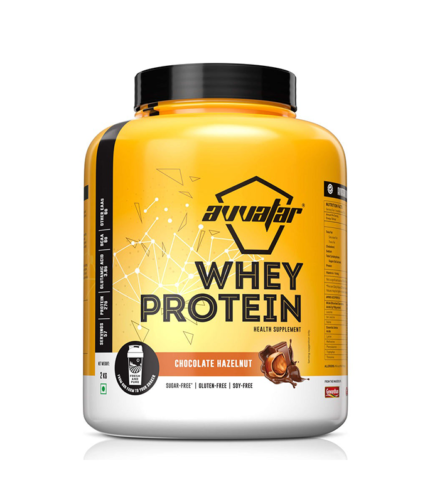
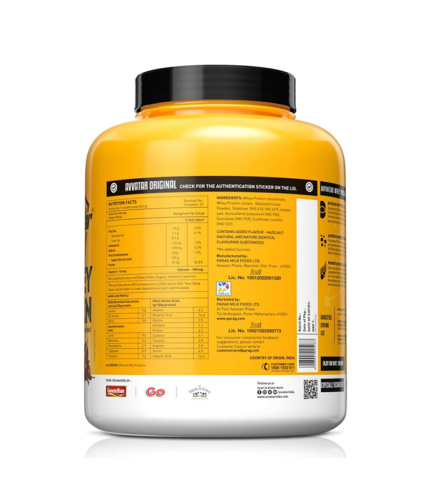
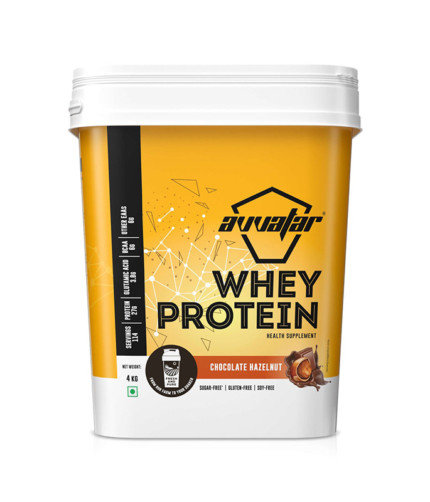


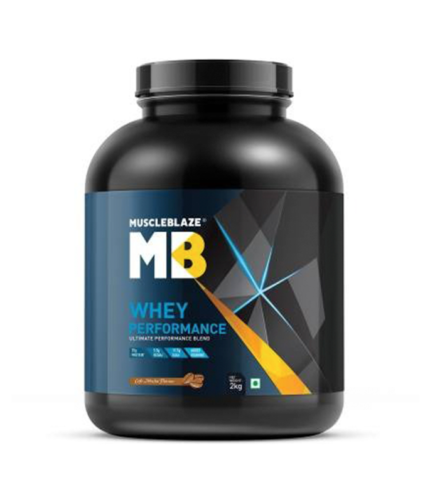


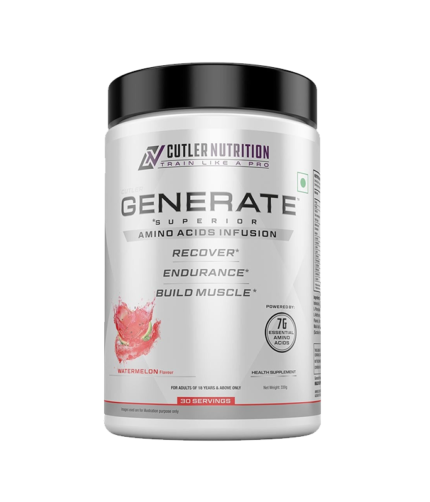


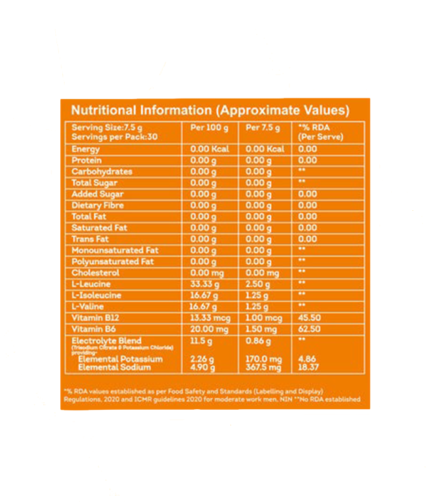
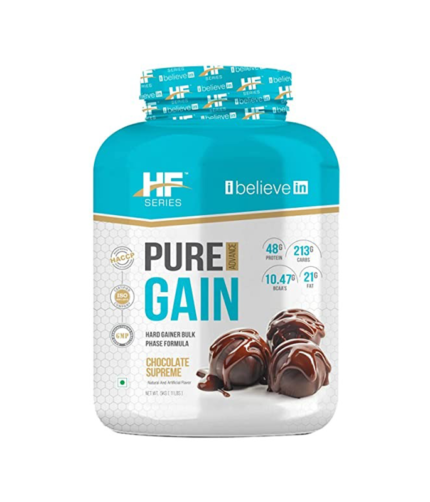
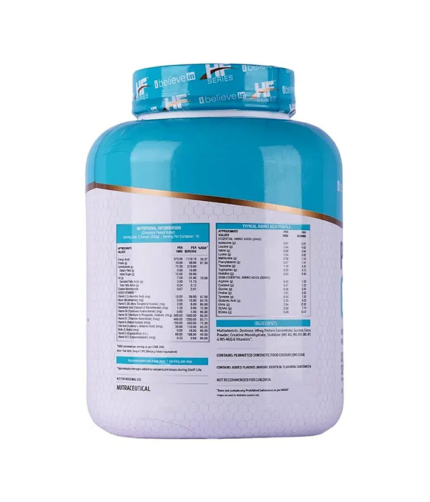
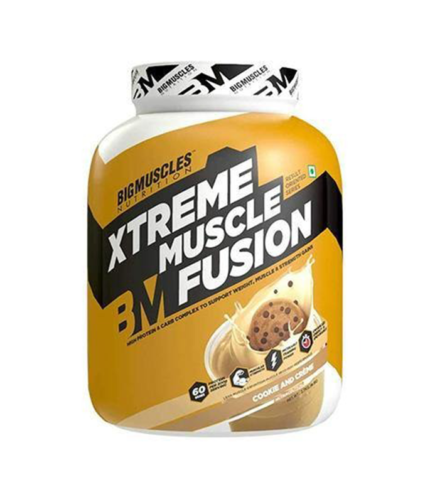
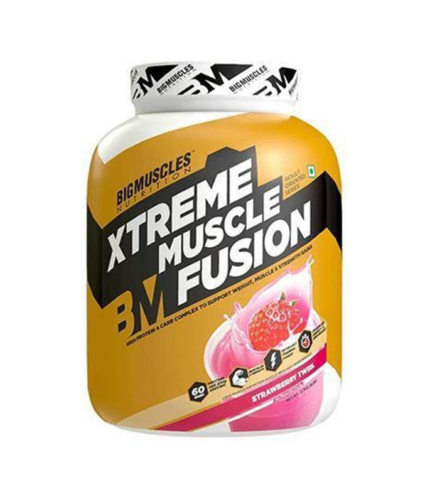
Reviews
There are no reviews yet.